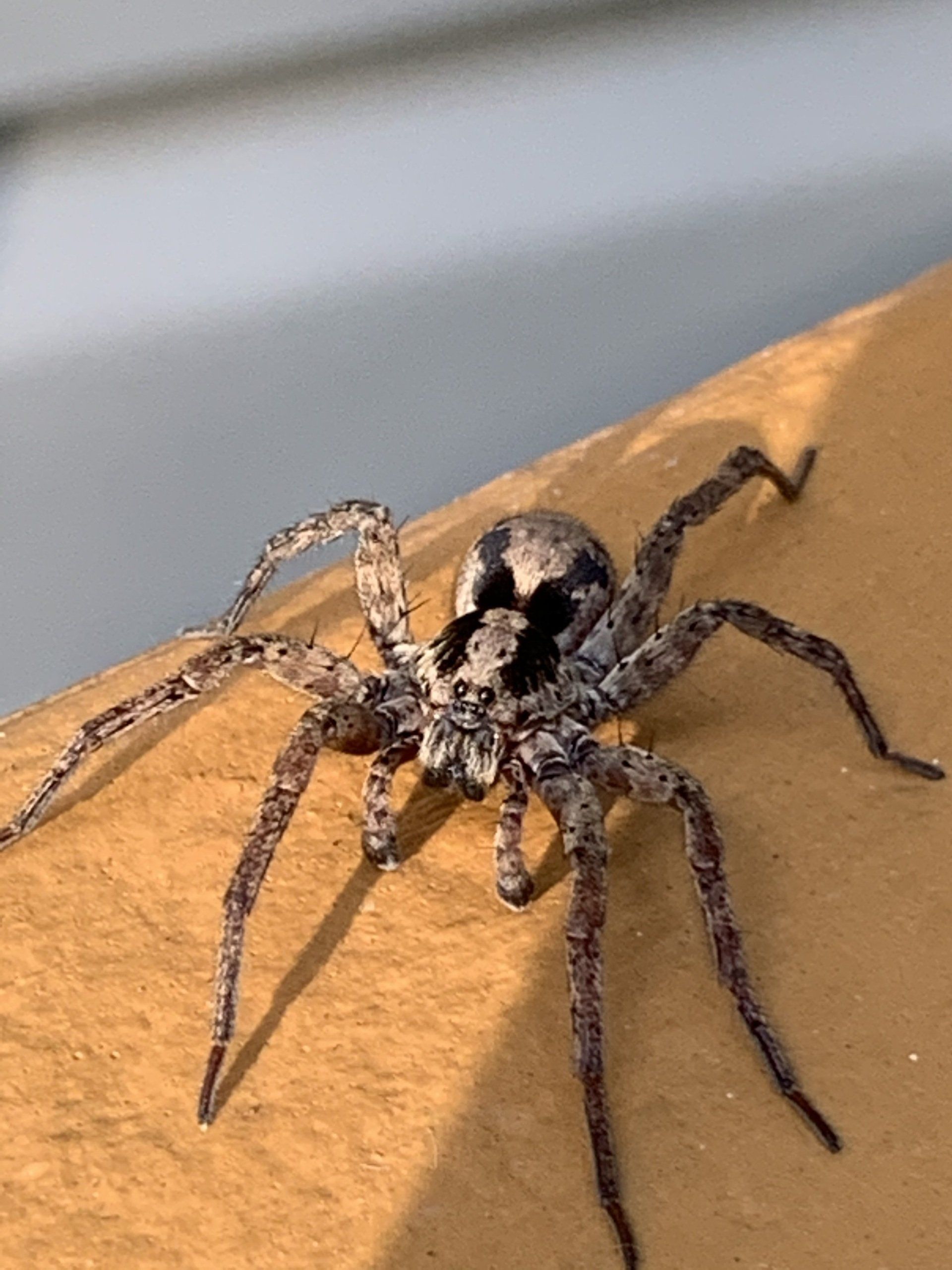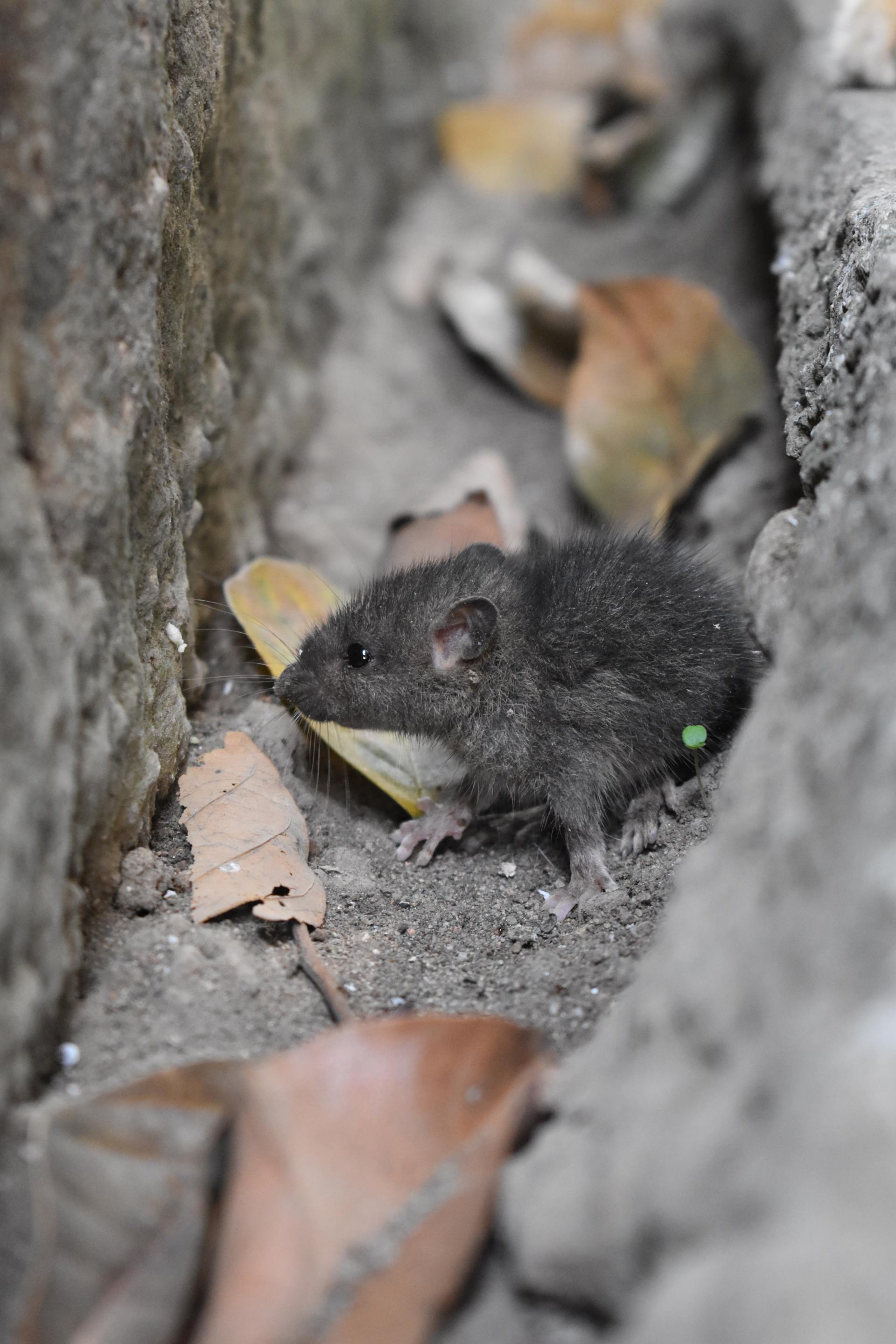Know The Warning Signs Of Termites In Delaware

To help homeowners safeguard their home against termites, below are common signs of a termite infestation:
-Flying Termites: Often referred to as termite swarmers. Swarming termites are actually termite alates leaving an existing, present colony in search of a new location to start a termite colony. Swarmers are often seen at the end of March through May, however they can be seen any time of the year depending on the right conditions.
-Mud Tubes: Termites do not like the sun and require moisture to survive. They build shelter tubes from the surrounding soil to move through in areas where they are not protected from the light and air. Mud tubes are often found near foundations and in garages, crawlspaces and basements. Mud Tubes are usually the first sign of a possible termite infestation to a homeowner.
-Wood Damage: As termites eat the cellulose, found in wood, they can cause damage that can be seen such as buckling of paint, wood striation, buckling of floors, small holes, soft wood areas, and hollow walls.
-Termite Wings: After termites swarm, they will drop their wings when they start a colony. The discarded wings are often found near light, such as window sills and doors.
-Moisture: Ok, so this isn’t a sign of a termite infestation, however, it is a good indicator that you could get termites. Termites need moisture to survive so if there are leaks, sitting water, decaying or rotten wood, termites can and will thrive.
If you think you have a termite infestation, contact Integrity Pest Solutions for a free, no obligation evaluation at 302-858-8629.
Integrity Pest Solutions is your local, family operated pest control company offering a complete line of termite, pest control, organic and inspection services.

Unfortunately, subterranean termites thrive in Delaware where we enjoy warm and humid weather and temperatures. As we enter spring and the weather and ground warms to 70 degrees or higher, large, established subterranean termite colonies will attempt to start new termite colonies. The end of March through May each year in Delaware

Everyone has heard that subterranean termites cause billions of dollars worth of damage to homes a year, but did you know that there are some things that you can do to help protect and prevent your home from a potential costly termite infestation. Here are some Termite Prevention recommendations to help keep your home safe and termite free and prevent termites from getting in your home. Delaware homes are considered to be at a relatively high risk for possible termite activity due to high moisture and humidity in the area and the number of wooded areas.
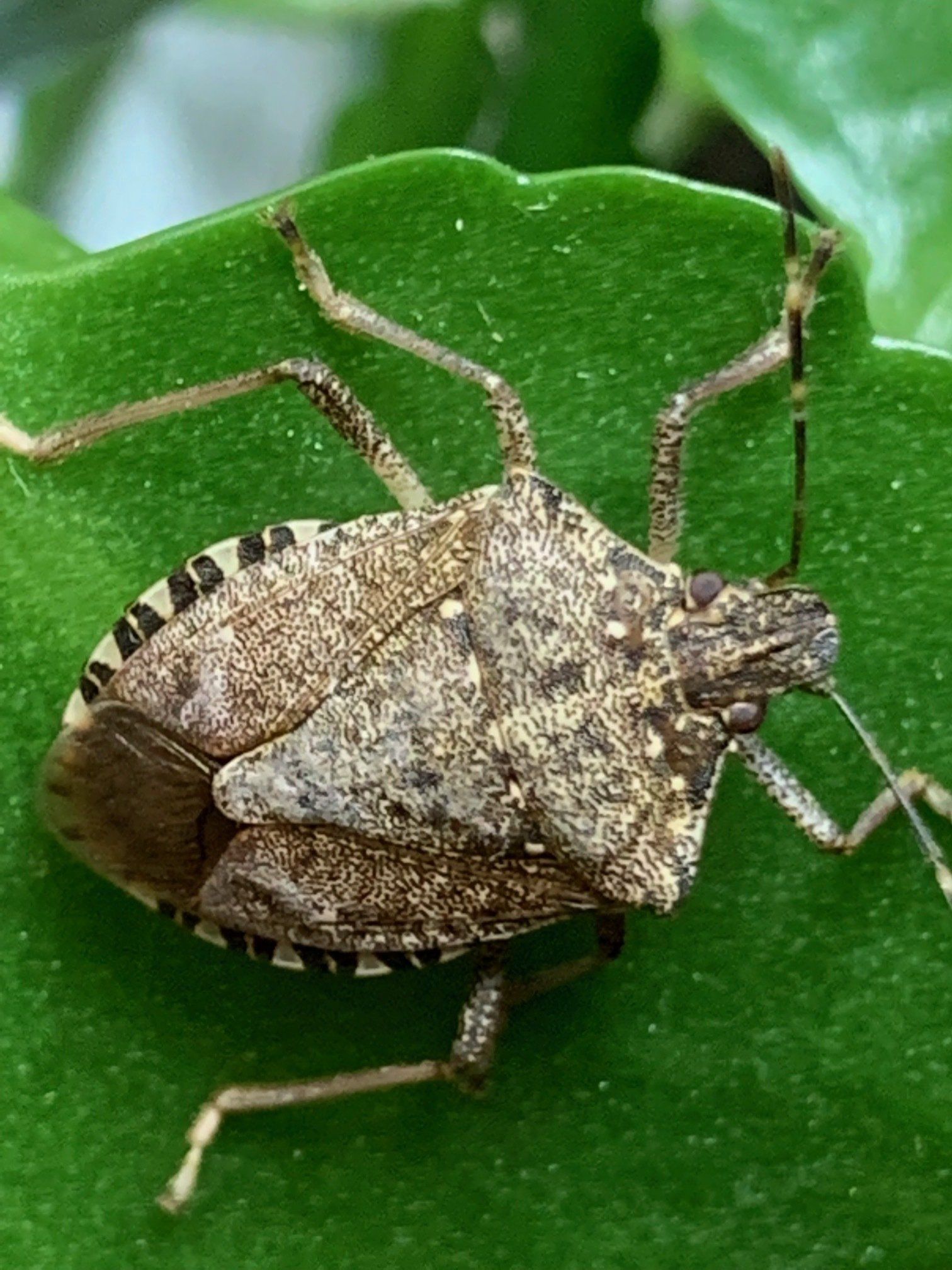
Brown Marmorated Stink bugs are a common pest in Delaware. They are actually an outside pest that make their way into our homes because they cannot tolerate the cold temperatures of winter in Sussex county and Kent county, Delaware. Due to the habits of stink bugs of entering the home just as the weather begins to cool, preventative services to keep stink bugs out of your home should be scheduled and performed ideally in September and October.
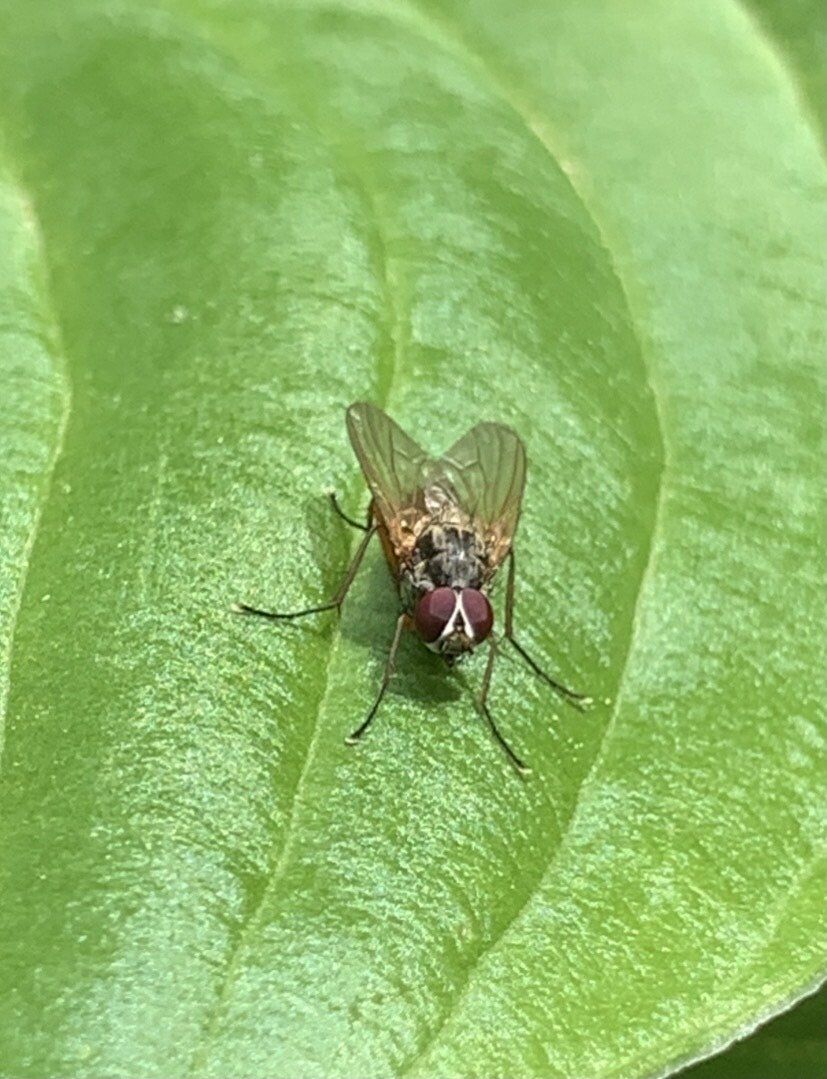
House Flies are disgusting and the last place you want them is in your house and around the food that you and your family are eating. House flies are more than just nuisances, they cause food poisoning and diarrhea and are carriers of diseases such as E.coli, dysentery, conjunctivitis and cholera. Sanitation, elimination of breeding and harborage sites and Exclusion are all crucial elements to getting rid of housefly infestations.
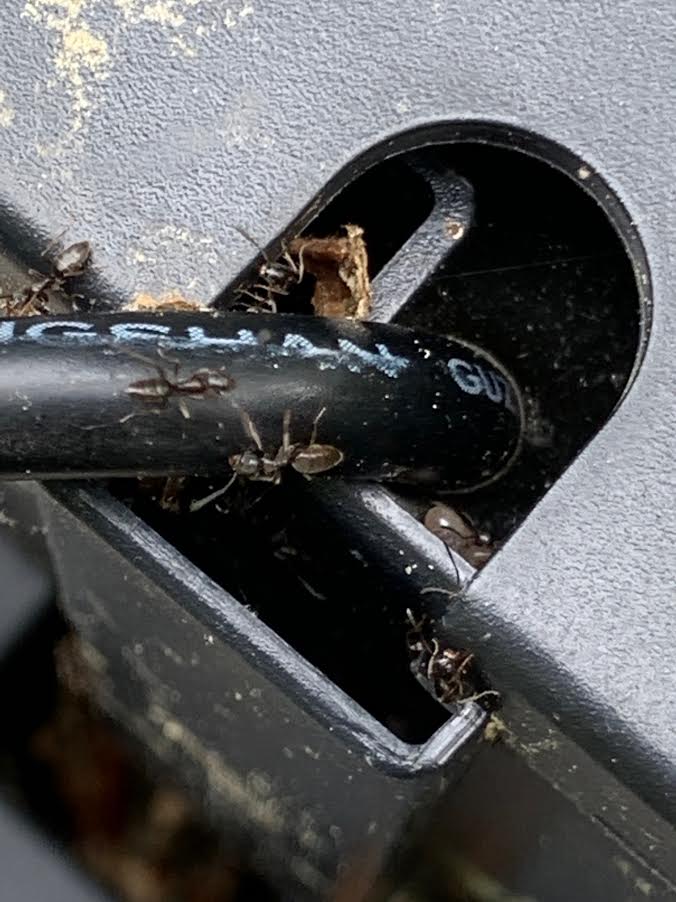
The Odorous House Ant is a common nuisance pest found in homes and is the most frequently reported ant in Sussex county and Kent county, Delaware houses. Odorous house ants may also be referred to as sugar ants, due to their preferences to sugary foods, or stink ants and coconut ants, because of the smell emitted when they are crushed.
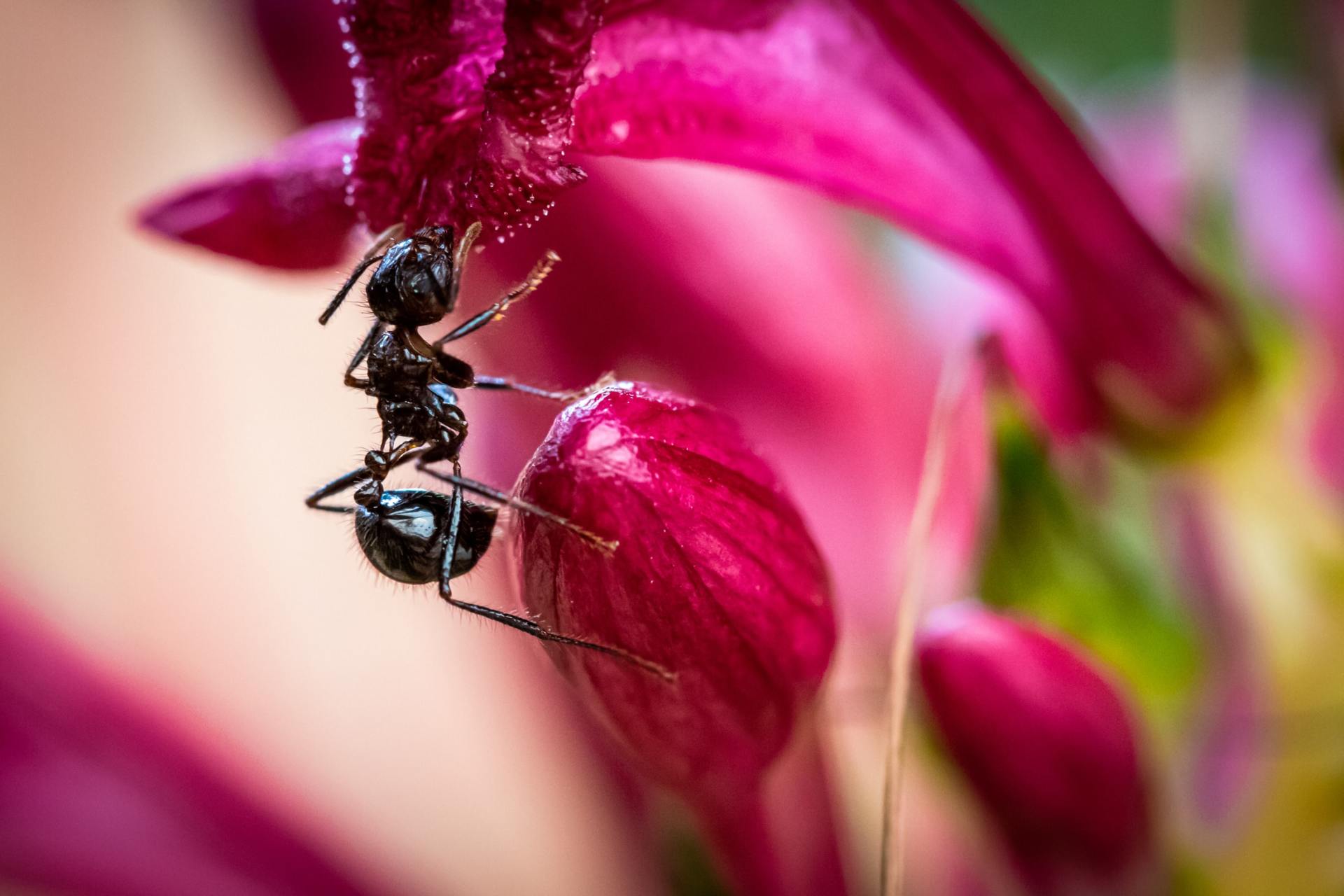
Ants are a common problem in many Delaware homes as the weather begins to warm and ants begin to come out of their dormant or hibernation phase. In April and May when temperatures reach 75 degrees and higher, many Sussex County and Kent County homes will see ants begin scurrying inside of their kitchens and bathrooms.

